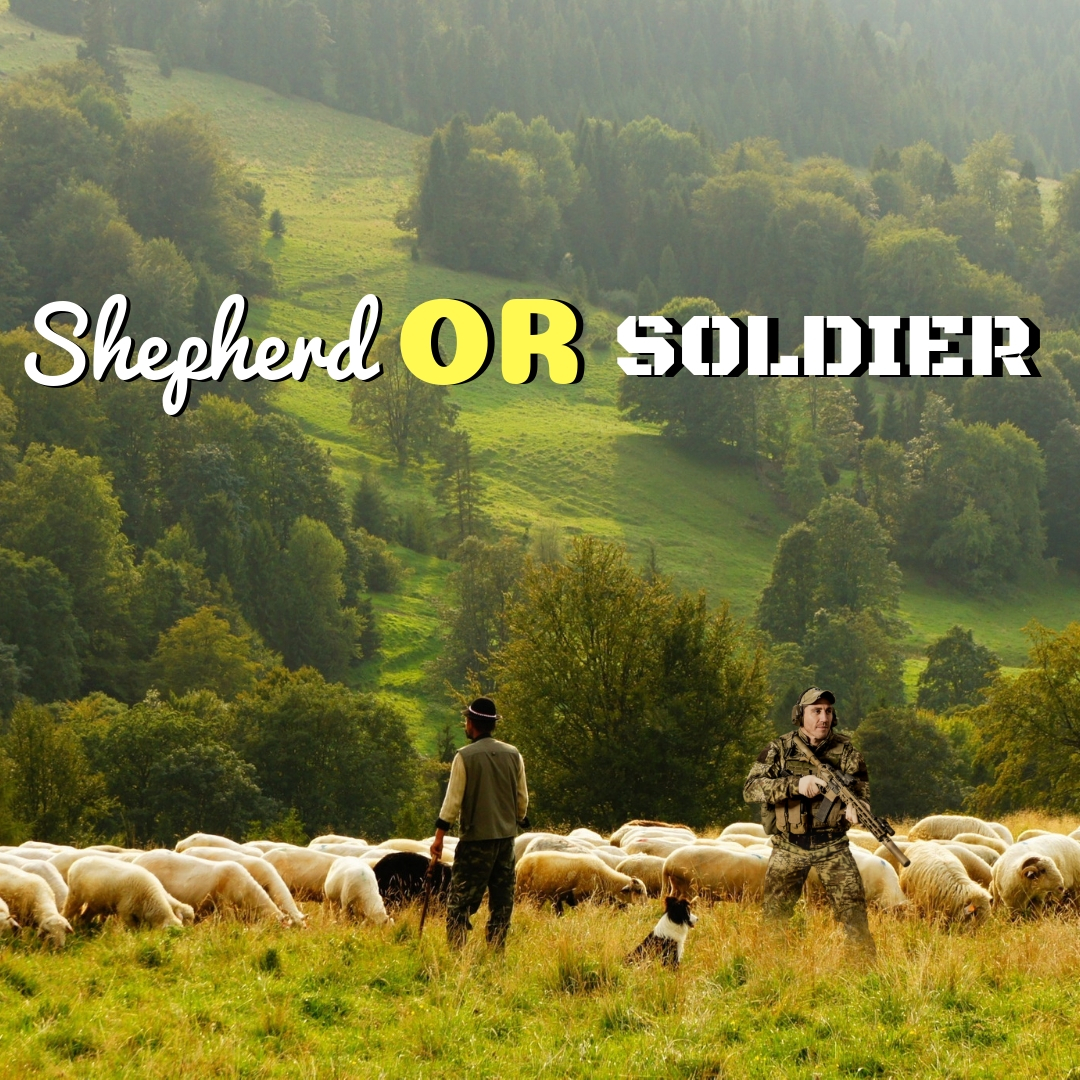Perashat Vayigash 5779
Home > Rabbi's Weekly Message > Perashat Vayigash 5779
Perashat Vayigash 5779
Friday, December 14, 2018 What do the rise of Rock and Roll, desegregation in schools, the crowning of Queen Elizabeth and the discovery of DNA and the Polio vaccine have in common?
What do the rise of Rock and Roll, desegregation in schools, the crowning of Queen Elizabeth and the discovery of DNA and the Polio vaccine have in common?
They all happened in the 1950's.
Something else also happened which fewer people remember, the birth of Yoshitaka Sakurada.
"Who is Yoshitaka Sakurada?", I am guessing you are asking yourself. He is Japan's recently appointed Minister of Cybersecurity and the Olympics. I know, I know. Why in the world are Cybersecurity and the Olympics a combined ministerial position? That would be like having a minister of Education and Corn Flakes, although at least they have box tops in common. The funny thing is that his combined position is not even the strangest part of Minister Sakurada's appointment. The most perplexing part of this saga is that Japan has appointed a minister of Cybersecurity who has, in his own words, "NEVER USED A COMPUTER", IN HIS LIFE! Why in the world would Japan's Prime Minister Shinzō Abe appoint someone who has no knowledge of the mission at hand?
The answer might be found in the story we read in the Torah this week.
When Yosef and his brothers reconcile, he invites them to move to Egypt to ride out the remaining years of famine. When they arrive, Yosef introduces his brothers to Pharaoh. Well, to be precise, he introduces some of his brothers to Pharaoh. Our Rabbis teach us that Yosef presented the weakest of all of the brothers, telling them to say that they were shepherds so that Pharaoh would not appoint them to be his soldiers. They say to Pharoah, "Your servants are shepherds, we, as well as our fathers". Pharoah replies to Yosef, "and if you know that any of your brothers are well trained as shepherds, appoint them as heads of my livestock". Pretty reasonable, no?
The strange thing is, they were all shepherds! None of them were trained as soldiers. So why did Yosef need to present only the weakest among them? If training was important to even be appointed a shepherd, surely Pharaoh would want at least the same for his army?!
The answer is counterintuitive. Sometimes people are hired for their know-how and initiative, and sometimes they are hired because they have no idea what they are doing. In an army, absolute submission and compliance to authority are crucial. Wars are fought not by individuals but by people in groups. You cannot have each soldier deciding for themselves what the battle plan is. Yosef understood that to build an army Pharoah wouldn't require, or even wish for, training. Instead, he would rather the recruits just take orders and follow his instructions. A similar phenomenon can be found in certain financial institutions who will actively look to hire people with no financial training, as it makes it easier to mold them to their specific financial ideologies and methodologies. Perhaps then, Yoshitaka Sakurada was hired not in spite of his lack of knowledge or experience, but because of it so that he would follow the orders given by his superiors unquestioningly. After all, they do, undoubtedly, know better.
Shepherds, on the other hand, spend their time out in the wilderness alone, spread out, so the cattle can have enough space to graze.
What I find so interesting about all of this is that these two modalities, Shepherds and Soldiers, have more to do with us than you might think. In our day to day, we are constantly faced with the push and pull of these two states. It is important to learn to rely on our own intellect, instinct, training and life experience. At other times, however, we also need to learn to rely on experts, guides, mentors or rabbis. Shifting back and forth between the two is not always so easy. Parents will sometimes feel that a doctor, psychiatrist or financial advisor is just wrong. When educational experts tell us what the right thing to do for our struggling child is, our reaction can sometimes be, "I know my child better!". That may be true, but they know education better. Not so simple, is it? When are we Shepherds and when are we Soldiers?
I'm not sure whether there is a concrete guideline as to which way we choose, but I will say that if you are perpetually one or the other, you'd better call Houston, because we have a problem.
Confidence and humility are not opposites. In fact there is a distinct confidence required in order to be humble. May God bless us with both.
Shabbat Shalom!
Rabbi Shlomo Farhi
Jan 19 2026
Shebat 1 5786
